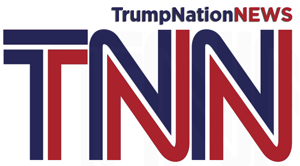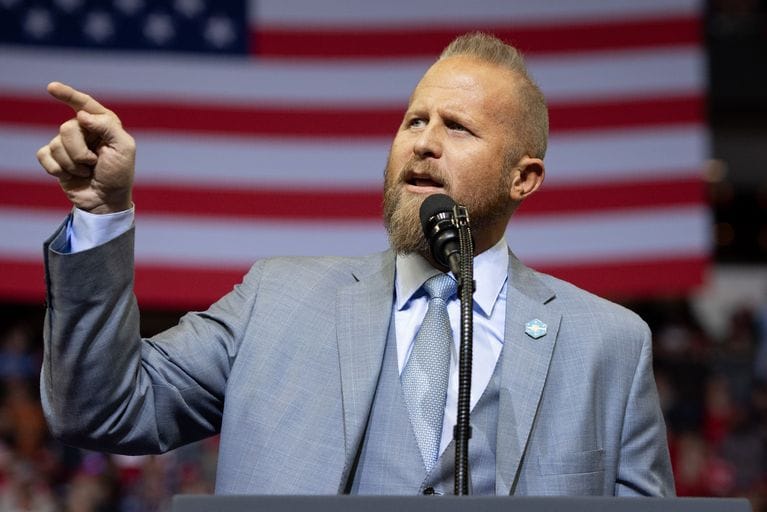Joint Statement of Trump 2020 Campaign, RNC, NRSC & NRCC regarding Big Tech Attempt to Suppress Voter Turnout
Google’s latest arbitrary rule changes are a blatant attempt to suppress voter information, knowledge, and engagement in the 2020 election. These actions will lead directly to suppressing voter turnout.
There can be no denying that President Trump and his campaign have built the greatest digital operation in all of politics, and that Google’s decision will disproportionately impact both the Trump operation and all of the Republican candidates and organizations that derive strength from it. What’s more, given the growing and documented cases of anti-conservative bias in Silicon Valley, we are highly skeptical that such a ban would be applied equally to conservative and liberal organizations.
But it’s not just Republicans and President Trump’s supporters. Millions of Americans rely on Google’s platform to get involved in our democratic process, from educating themselves on the issues, to becoming more politically engaged with candidates, and to learning when and where to cast their vote. By severely restricting political advertising, Google is stifling the ability of citizens to participate in our democracy. This will affect voters in the Democrat primaries as well as in the 2020 general election.
This is most true when we talk about the use of first party (1p) data. Voters voluntarily provide information about themselves – 1p data – and specifically provide insight into what issues and candidates they care about. By doing this, voters are digitally raising their hand and saying, “Please communicate with me.” This ensures they can be reached and informed as they have directly requested. Voters can also learn about ways to volunteer on campaigns, about key campaign events and fundraising efforts, and of course, about where and when to vote. Google is now arbitrarily saying this is not allowed. There is no other description for this than the muzzling of political speech. Google is clamping down on voter engagement and suppressing voter turnout.
In the recent past, Google has celebrated helping more Americans get involved in our political process, which we can all agree is great for the country. Sadly, this has changed. By limiting the abilities of candidates and political organizations to communicate, Google is effectively saying they want to reach fewer people and engage less with voters, which will have the impact of suppressing voter turnout. The reduced communication will also come at a higher price, meaning that more of voters’ hard-earned small-dollar donations will go into Google’s pockets for greatly reduced impact.
Much has been made of Twitter’s equally concerning decision to ban political ads and suppress speech, but because advertising on that platform is ineffective and only a tiny percentage of Americans use Twitter, their impact is insignificant. Google, however, is a serious platform with very deep reach across the entire country.
In short, Google has made an extraordinarily poor decision which will lead to less-informed voters, lower voter engagement, and voter suppression. Google should immediately reverse its decision in order to ensure they do not suppress voter turnout during both the Democrat primaries and the 2020 general election.
















First Twitter, now Google